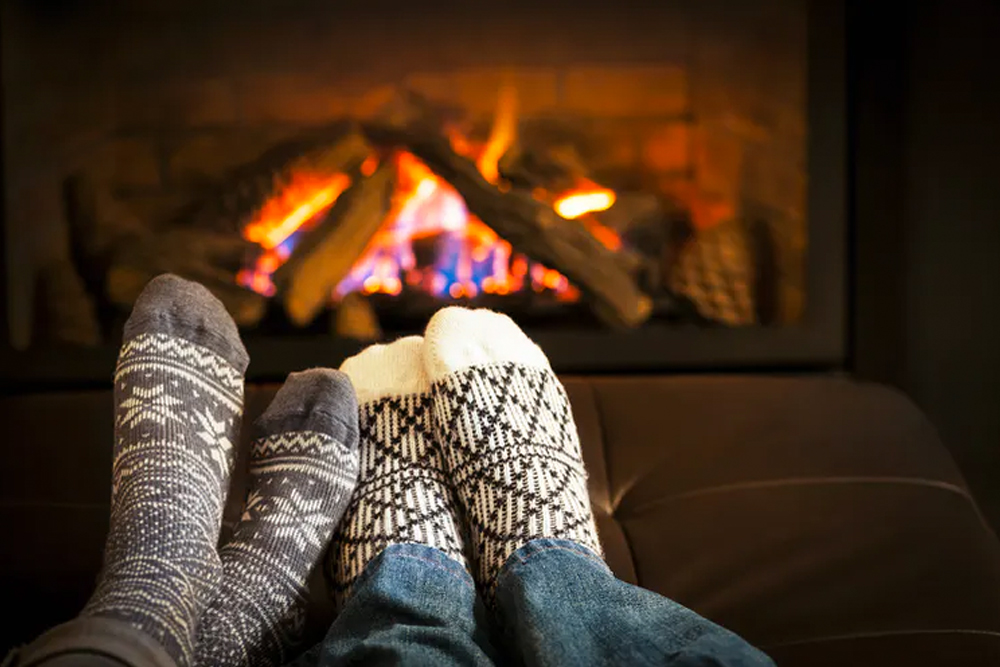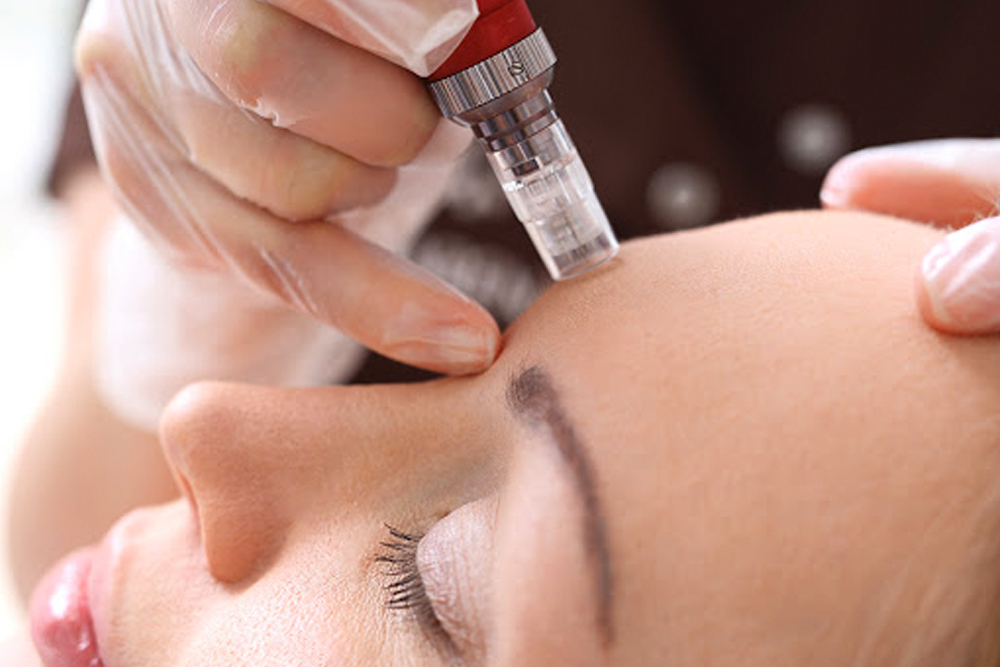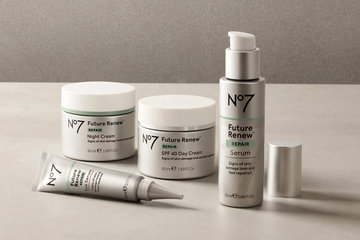
Winter is all about getting cosy and warm, wrapping up in comfy blankets and sweaters and snuggling with a hot cup of cocoa. However, it is also the season where your skin needs some tender, loving care. The low temperature, low humidity and dry air leave your skin thirsty, itchy and flaky, so you need to step up your skincare game during winter to help protect it from drying out.
We spoke to Dr Inas Musa, a specialist in dermatology and aesthetics, to get to know how to switch up that skincare routine this season. It turns out making some simple changes can make all the difference between dull or glowing skin.
Why does the skin get dehydrated during the cold season?
Many factors cause dehydration of the skin in winter. Strong wind and decreased humidity dry out the natural oils found in our skin, plus central heating systems increase the dryness and cause extra damage.
What are the best ways to keep our skin hydrated during winter?
We should hydrate our skin continuously. Drink plenty of water as well as allow your body to receive water from food, especially vegetables. Keep in mind that some drinks do not help in hydrating our skin and bodies. Soft drinks actually increase dehydration by moving water out of the cells.
Moisturise the skin by applying moisturisers regularly and in sufficient amounts. The type of moisturiser we use should depend on our skin’s texture. When the skin gets drier, we need to apply the moisturiser more frequently, using ointments rather than creams to keep the skin hydrated and to avoid irritation.
What are some bad skincare practices to avoid in winter?

There are some huge mistakes many people make during cold weather. The biggest one is they do not apply sunblock during cloudy, rainy, or snowy days, because they think the sun is blocked by clouds. The truth is the clouds only block the sunrays minimally and most of the harmful rays still reach the surface of the Earth. Additionally, the damage is doubled because of the reflected rays from snow and wet surfaces. Another huge mistake is some people sit very close to chimneys and heating devices in order to feel warmer. Most of these people will notice redness in their skin, then the formation of lace network-like erythema. It can lead to harmful diseases if not treated.
Most people concentrate on the face and neglect the hands and feet, what would you advise them?
Actually, dryness affects the entire body. Hands are always in touch with chemicals, detergents, and irritants; that’s why we notice severe manifestations of dryness during cold weather on our hands. Besides dryness, flaking, fissuring and oozing could happen. What’s more, it is a well-known fact that peripheral blood flow is compromised during cold weather, since the hands and feet are the most distal parts of the body, this puts them in danger of decreased blood flow features, such as pallor and numbness. These lead to some annoying or even dangerous skin problems, especially if we do not protect them from getting cold. Staying outside in cold temperatures and wearing wet gloves or socks may cause pernio, frostbite or trench foot.
Which rituals do you recommend people to follow to hydrate their skin?
There are many things we can do during winter to keep our skin hydrated. First of all, avoid irritation, which is caused by harsh soaps, wearing wool clothes directly on skin, or sitting close to heating devices. We can still use gentle foam to wash our faces. Apply moisturiser and sunblock regularly and eat a balanced diet that gives you energy and hydrates the body. Are there any innovative medical facials or treatments to help hydrate skin?

There are many treatments that help to increase skin hydration like platelet rich plasma (PRP), a glowing session with non-cross-linked hyaluronic acid and mesotherapy.
TIPS ‘N’ TRICKS
• Use a gentle soap-free cleanser
• Do not use hot water when washing your face and body because it increases dehydration
• Dry your skin gently after washing it because rubbing the skin violently increases irritation
• Apply moisturiser immediately after drying your face
• Wear cotton clothes directly over your skin and avoid wooly or nylon clothes being in contact with your skin
• Use a moisturising sunblock like HydraFactor 30 to avoid applying multiple products when you are outdoors
• Do not forget to moisturise your lips and hands
Top Tip: If you are using peeling or acne treatments that cause more irritation in winter, manage your treatments according to your skin’s reactions. You can either minimise the frequency of application (every other day instead of daily), or switch to a less irritating system after consulting your dermatologist.

















